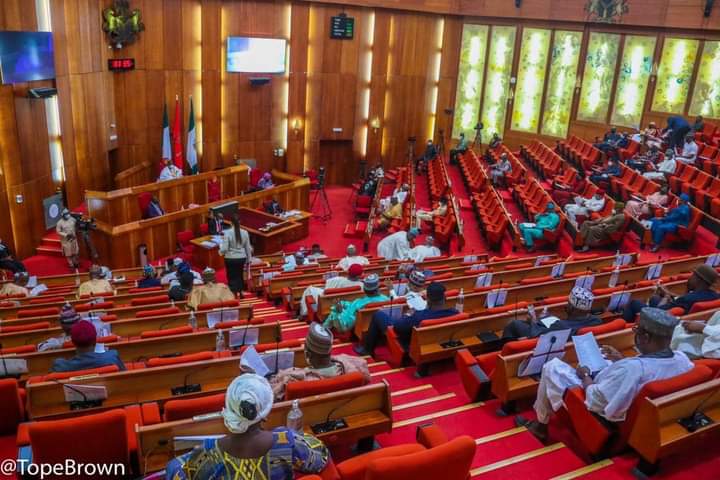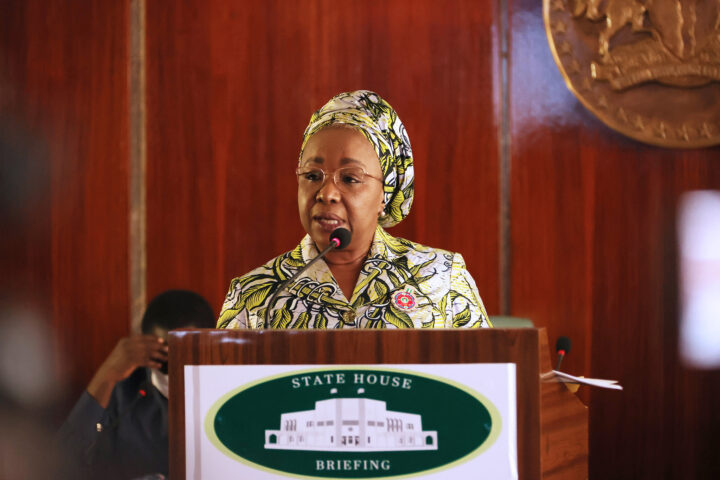The senate has passed the Nigerian Meteorological Agency (NiMet) bill which seeks to improve the effectiveness of the agency.
The bill was passed on Wednesday after the consideration of a report by the senate committee on aviation.
According to Smart Adeyemi, chairman, senate committee on aviation, the bill seeks to repeal the Nigerian Meteorological Agency Act, 2003, and will give NiMet “clearer regulatory powers” on climate information generation.
“The objective of the bill is for the purpose of enacting an Act that will give the agency the sole authority to regulate, license, approve and authorise the standard of meteorological activities and operation in Nigeria,” he said.
Advertisement
“It seeks to be more elaborate than the existing Act to enable the agency enhance its mandates and meet its operational requirements to enable it have clearer regulatory powers, effectively regulate climate information, generation and dissemination in Nigeria; be able to charge and collect revenue; and effectively manage utilisation of climate and weather information in various sections of Nigeria’s national life.”
The lawmaker said the bill will also help ensure NiMet operates at optimal efficiency in line with global best practices.
“It is evident that the impacts of extreme weather and climate events are increasing in intensity, frequency and geographic scope in Nigeria,” he added.
Advertisement
“In order to be proactive and consistent in providing goods and services necessary to support the achievement of Sustainable Development Goal (SDGS) in Nigeria, NiMet is required to contribute crucial weather and climate information services to various socio-economic sectors and to also contribute to the regional and global observation systems for the benefit of all.
“This is in line with the vision of the World Meteorological Organisation (WMO) 2030.”
Add a comment





